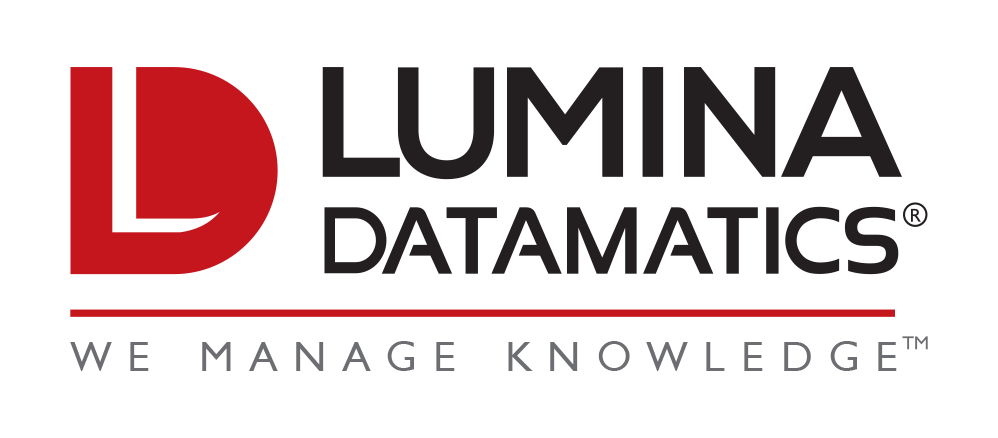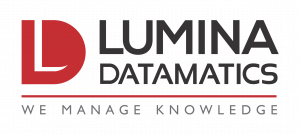I’ve seen and read a lot lately about intentions, and choosing a “word of the year” to help achieve goals and keep on track. This seems an appropriate time—a new year began a few weeks ago, new presidential leadership has taken office in the US, and we’re all living and working differently than we ever have before.
I thought this sounded like fun, and a good way to keep myself on track as I move through the year. And I’ve decided to share my word and experiences with you all! This year my word will be accountability.
I won’t bore you with a dictionary definition of accountability[1]. Rather, I’d like to talk about what the word means to me and how I plan to use it. Essentially, I think of accountability as the difference between the things I will actually do as compared to the things that I want to do.
In this article, I’ve provided some of my best tips and ideas on how to turn the latter into the former. Your ideas may be different—the areas where we will each need accountability are varied and personal. But if nothing else, this list may help you think about ways that you can hold yourself accountable.
Solidify Your Commitment in Writing
I’ve written previously about my enthusiasm for online coursework. A course I’m taking asks students to write down a goal they are hoping to achieve during the course, and then provides periodic assignments to check in and reflect on progress. The goal has to be a SMART goal (specific, measurable, achievable, realistic, and time bound), and students are encouraged to write it down and put it somewhere that’s visible and accessible to their work stations. I wrote my goal on a Post-it note and stuck it to my computer monitor. It’s a visual reminder that I’ve made a commitment to a goal, and that I need to hold myself accountable if I want to achieve it.
Behold (and Be Beholden to) the To-Do List
I’m great at holding myself accountable with my everyday work and responsibilities—I rarely miss deadlines. I do this by relying heavily on (digital) weekly to-do lists that outline my commitments. This simple tool keeps me on track, holds me accountable to the individuals I’ve committed to, and leaves little room for error. For me, the key is to check in a few times a day and make sure I’m completing those “must do” items when they are due. I get great satisfaction in crossing things off my list—so not only does this keep me accountable, it gives me something to look forward to as I work toward my goals.
Break It Down
However, the area where I personally struggle the most is with my own big picture ideas and initiatives that take several weeks/months to implement—those items that are not client-facing or that don’t have set deadlines. I’ll take initial steps on those ideas— jot down notes in a Google Doc, schedule a meeting, send an email. And then…. What? So often those ideas fizzle out. Not because I lack focus or lose interest, but mostly because my job involves a lot of client interaction and client-facing deadlines that I always attend to with the highest priority. Which means, if I’m not careful, the projects and initiatives I choose to undertake (for the betterment of my company, my clients, or myself) can easily slip down on my priority list.
[Enter accountability, she says in parentheses.][2] Recently, I’ve started trying to segment those bigger picture projects into smaller chunks with short-term deadlines that can be added more easily into my regular to do lists. Or I’ll set aside a dedicated amount of time every week to work on those projects and force myself to stop and focus during those planned times. Sometimes that’s enough to keep me focused. Sometimes, I need to buddy up.
Ask for Support!
Last summer, a colleague of mine and I started scheduling regular accountability check ins. This forum was intended to keep both of us on track with those high-level, big picture projects that fizzle out if they’re not given enough time and attention. In these meetings, we verbally commit to 1–3 actionable items we want to accomplish in the next week.
This can be a really successful model even though sometimes we realistically have to cancel these meetings, or sometimes we meet having failed to complete our tasks. When that’s the case, we own up to those deficiencies and set our intentions for the following week. We’ll offer each other advice (without judgement) on how to reprioritize and keep each other moving forward. But knowing that we both have someone to “answer to” in these meetings forces us to give priority to the actions we committed to. We help hold each other accountable.
Keep Others On Track
I’m also trying to maintain accountability within all of my meetings. I try to leave the last 5–10 minutes for closing thoughts and action items, and I ask the meeting participants to verbally state their action items and due dates. I’ll make note of those dates and follow up if I don’t see any movement.
Give it a try! Ask people to commit (formally and out loud) to their actions and deadlines, then follow up. In my experience, people seem to appreciate it. You don’t necessarily have to be in a leadership position to do this. I’ve asked my boss and others who are senior to me for this level of accountability, and they’ve willingly followed up.[3]
My Commitment
I hope these tips will help you to hold yourself more accountable and perhaps be more productive. On my end, I am keeping them in mind, and making a commitment to be even more accountable this year!
Maybe I’ll post a follow up piece later this year to share my progress. Or maybe I won’t, we’ll see how much accountability I have.[4]
Have an experience you’d like to share with the author? We want to hear from you! Email Lumina to share your thoughts, or visit our website to learn more about Lumina Datamatics.
Notes:
[1] Okay fine, I’ll hide it in the endnotes. Accountability, according to Meriam-Webster, is “the quality or state of being accountable.” Accountable, again, thanks to Meriam-Webster, means “subject to giving an account: answerable.”
[2] If National Youth Poet Laureate Amanda Gorman can reference Hamilton in her phenomenal inaugural poem, I can too, right?
[3] I’ll take their willing participation, plus the fact that I haven’t been fired – other than by Gordon, but those “firings” don’t count (hi Gordon!) – as an endorsement of this process. I do recognize that your ability to ask this of your colleagues and superiors will vary depending on personalities, companies, cultures, and many other factors. Use your judgement and discretion – you could always suggest it as a fun, helpful activity for everyone to try!
[4] See how that works? Maybe doesn’t cut it. Look for a follow up post from me during the summer of 2021.





0 Comments